Drage – Scandinavian for Dragon, there was a Viking long ship called a Drage. Also modern kites are often called Drage across Europe (I assume this translates as Dragon kites).
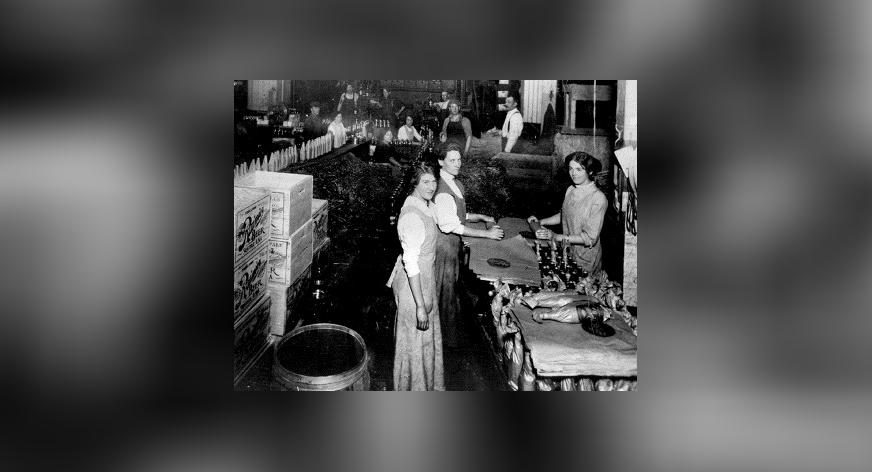

A surname passes through many generations connecting family members with that common surname. Many people are also named after deceased relatives to honor those who came before.
Surnames first appeared in the Middle Ages as a way to record and document people and for tax purposes. Details included given names, nicknames, parents’ names, occupation and residence. This personal information later became an important part of the history of surnames.
We recently wrote about jobs that no longer exist, and it was common for our ancestors to have surnames based on their occupation such as Cook, Carpenter or Smith. By looking at their surnames, it often leads us to learn more about our relatives’ lives. Yet there are many occupational surnames with hidden meanings. Here are a few of our favorites:
For a full list, click here to read the article at Mentalfloss.
1. BREWSTER – A woman brewer
2. CHAPMAN – An old English word for merchant from the root “chap” meaning cheap
3. HUSSEY – A shortening of “housewife”
4. KISSER – Someone who made leather armor for thighs called a cuisse, from Old French.
5. PARKER – A gamekeeper in a game park
6. WEBB, WEBBER, WEBSTER – Derived from webba, the Old English for weaver
7. SPENCER – Someone who dispensed a lord’s provisions
8. KELLOGG – Derived from “kill hog” and referred to a butcher
9. JENNER – Comes from Old French engigneor meaning engineer or maker of military machines
10. BAXTER – A women who baked. In Old English the suffix –ster was used to form feminine nouns Do you know the meaning behind your surname? Let us know in the comments below.


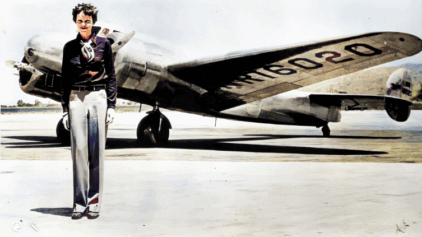

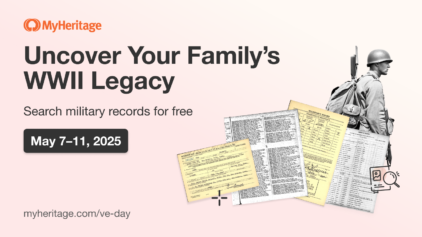

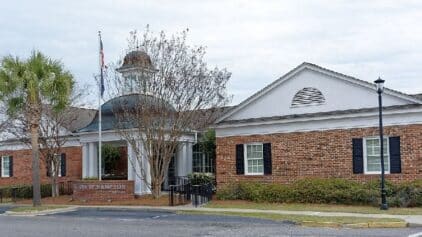
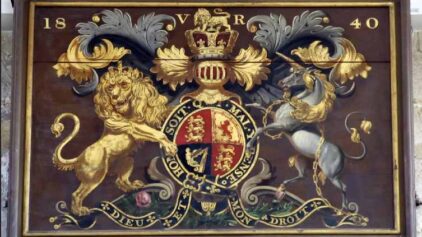

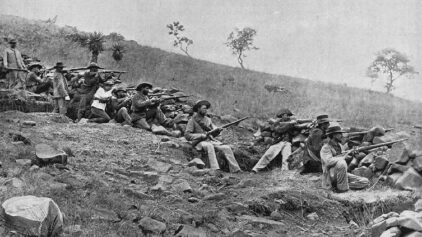

Glenn
October 2, 2014
Kittredge is place name. It comes from Gaelic Keter meaning a steep place and the english word edge. In English my name would be Edgecliff. In Scottish the Gaelic gets changed to Kadir.